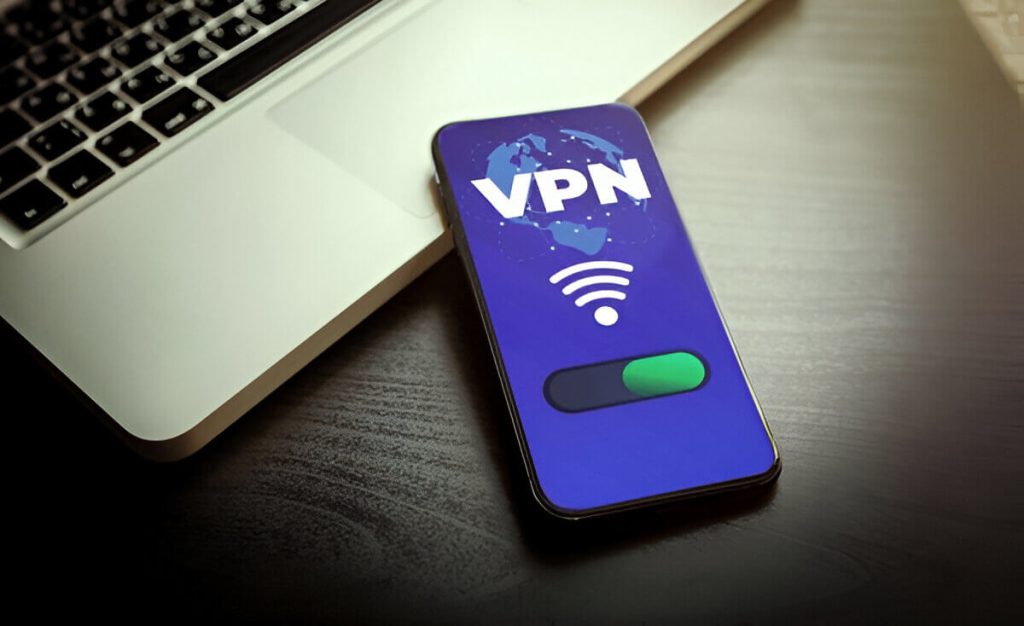
In today’s digital age, blocked websites and restricted content frustrate internet users worldwide due to government censorship, workplace restrictions, or regional limits. This guide reviews why sites are blocked and how to unblock them with VPNs, proxy servers, and browser extensions. Readers can navigate internet filters safely while considering legal and ethical implications. Reclaim web access freedom by making informed choices that prioritize security and responsibility.
Common Methods for Unblocking Websites
In today’s digital age, accessing restricted content on the internet is a common challenge faced by many users. Fortunately, there are several effective methods to unblock websites and enjoy unrestricted browsing.
One of the most popular solutions is using a VPN for unblocking websites. A Virtual Private Network (VPN) encrypts your internet traffic and routes it through servers in different locations, allowing you to bypass geographical restrictions and access blocked sites with ease. This not only ensures privacy but also provides a secure browsing experience.
Proxy servers offer another method for accessing restricted content. By acting as intermediaries between your device and the internet, proxy servers can mask your IP address and make it appear as though you’re browsing from a different location. Web proxies function similarly but are typically accessed through web-based interfaces, making them convenient for quick access without needing to install additional software.
Anonymous browsing tools like Tor provide an extra layer of privacy by routing your connection through multiple nodes across the globe, effectively hiding your online activity from prying eyes. While this method may result in slower connection speeds, it offers robust protection against censorship.
Finally, DNS changes can sometimes be used to bypass website blocks. By altering the default DNS settings on your device or router to those provided by third-party services like Google Public DNS or OpenDNS, you might be able to access content that was previously unavailable due to regional restrictions.
Each of these methods has its own advantages and limitations; therefore, choosing the right tool depends on individual needs such as speed requirements, level of anonymity desired, and technical proficiency.
The Role of VPNs in Accessing Blocked Websites Safely and Securely

In today’s digital age, accessing blocked websites safely and securely is a concern for many internet users. Virtual Private Networks (VPNs) have emerged as a powerful tool to address this issue, offering numerous benefits that enhance online privacy and accessibility.
A VPN works by encrypting your internet connection, creating a secure tunnel between your device and the internet. This encryption not only protects your data from prying eyes but also allows you to bypass geographical restrictions and access blocked websites. By masking your IP address with one from a different location, VPNs enable you to surf the web as if you were in another country where the content is accessible.
The benefits of using a virtual private network extend beyond just unblocking websites. Secure browsing with VPNs ensures that sensitive information, such as passwords and personal data, remains protected from hackers and cyber threats. This is particularly important when using public Wi-Fi networks, which are often unsecured and vulnerable to attacks.
When it comes to choosing the best VPNs for unblocking websites, it’s essential to consider factors such as speed, server locations, encryption protocols, and user-friendliness. Popular options include NordVPN, ExpressVPN, and CyberGhost, each offering robust security features tailored for safe browsing experiences.
Incorporating a VPN into your online routine can significantly enhance both security and accessibility on the web. Whether you’re looking to access restricted content or simply safeguard your personal information while browsing online, understanding how VPNs function can empower you to navigate the internet with confidence.
Using Proxy Servers as an Alternative Way to Bypass Restrictions
Proxy servers serve as intermediaries between your device and the internet, allowing you to bypass restrictions and access content that may otherwise be blocked. When you use a proxy server, your internet requests are routed through this server before reaching their destination. This process masks your IP address, making it appear as if you’re accessing the internet from a different location.
Understanding how proxy servers work is crucial for those looking to navigate internet restrictions effectively. There are two main types of proxies: free and paid. Free proxies can be appealing due to their cost-effectiveness; however, they often come with limitations such as slower speeds, less reliability, and potential security risks. Paid proxies typically offer faster connections, enhanced security measures, and more reliable service.
Online proxy services provide users with easy access to websites that might be restricted in certain regions. These services usually offer both free and paid options depending on the user’s needs for speed and security. By selecting the right type of proxy service—whether it’s for occasional browsing or regular use, you can ensure a smoother online experience while maintaining privacy and overcoming geographical limitations.
Tunneling Protocols and Their Use in Circumventing Internet Filters
Tunneling protocols play a crucial role in navigating the complex landscape of internet censorship and filtering. These protocols enable users to bypass firewalls and access restricted content by encapsulating data within other communication protocols, effectively creating a secure “tunnel” through which information can pass.
One popular method is SSH tunneling, which leverages the Secure Shell (SSH) protocol to encrypt data traffic between a client and server. By establishing an SSH connection, users can redirect their network traffic through this secure channel, masking their online activities from prying eyes.
Another widely used technique is the use of SOCKS5 proxies. Unlike traditional HTTP proxies that only handle web traffic, SOCKS5 supports various types of traffic including TCP and UDP. This flexibility makes it an effective tool for bypassing firewalls and accessing blocked services or websites.
HTTP tunneling methods are also employed to circumvent internet filters. These methods involve wrapping non-HTTP traffic within HTTP requests, allowing it to pass through web filters that typically only inspect standard HTTP packets. This approach is particularly useful in environments where direct connections are heavily monitored or restricted.
Tunneling protocols such as SSH tunneling, SOCKS5 proxies, and HTTP tunneling methods provide powerful means for individuals seeking to bypass firewalls and access unrestricted internet content securely. By understanding these technologies, users can maintain privacy and freedom in increasingly controlled digital spaces.
Simplifying Access with Browser Extensions and Add-ons
In today’s digital age, accessing content freely and securely is a priority for many internet users. Browser extensions and add-ons have emerged as essential tools, simplifying the way we interact with the web. These small yet powerful applications are designed to enhance your browsing experience by offering features that go beyond basic browser capabilities.
Browsing extensions for unblocking sites are particularly popular among users who encounter restrictions due to geographical or institutional barriers. These tools work by rerouting your internet connection through different servers, effectively bypassing restrictions and granting you access to blocked websites. Whether you’re trying to catch up on news from another country or connect with friends on social media platforms that are otherwise inaccessible, these extensions can provide the freedom you need.
When it comes to choosing the top browser add-ons for website access freedom, there are several noteworthy options available. Extensions like Hola VPN and TunnelBear offer user-friendly interfaces and reliable performance that make them favorites among users looking for seamless access across various sites. Additionally, Windscribe provides robust security features alongside its unblocking capabilities, ensuring that your online activities remain private and protected.
By integrating these browsing extensions into your daily routine, you can unlock a world of information without compromising on security or convenience. Whether you’re at home or traveling abroad, these tools empower you to navigate the internet with ease and confidence.
The Legal and Ethical Considerations When Unblocking Websites
When it comes to unblocking websites, there are several legal and ethical considerations that users must keep in mind. Understanding the legal implications of bypassing restrictions is crucial, as accessing blocked content can sometimes violate local laws or terms of service agreements. In some regions, using tools to circumvent internet censorship may be considered illegal and could lead to penalties or fines.
Beyond legality, the ethical use of unblocking tools also warrants careful consideration. While these tools can provide access to information and resources otherwise unavailable due to geographical or political barriers, it’s important for users to reflect on the intent behind their actions. Using such tools responsibly means ensuring that access is sought for legitimate purposes, such as educational research or communication with family and friends.
Online safety considerations are equally significant when using unblocking tools. Users should be aware that not all services offer robust security features, which could expose them to risks such as data breaches or malware attacks. It’s advisable to choose reputable providers that prioritize user privacy and employ strong encryption methods.
In summary, while unblocking websites can offer greater freedom online, it comes with a responsibility to navigate both legal frameworks and ethical boundaries carefully. By doing so, users can ensure they maintain a safe and principled approach in their digital endeavors.



